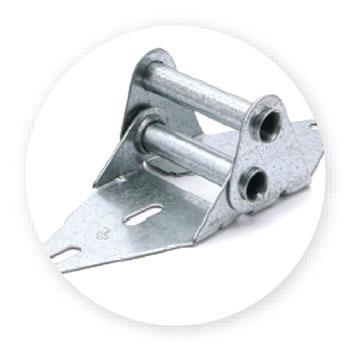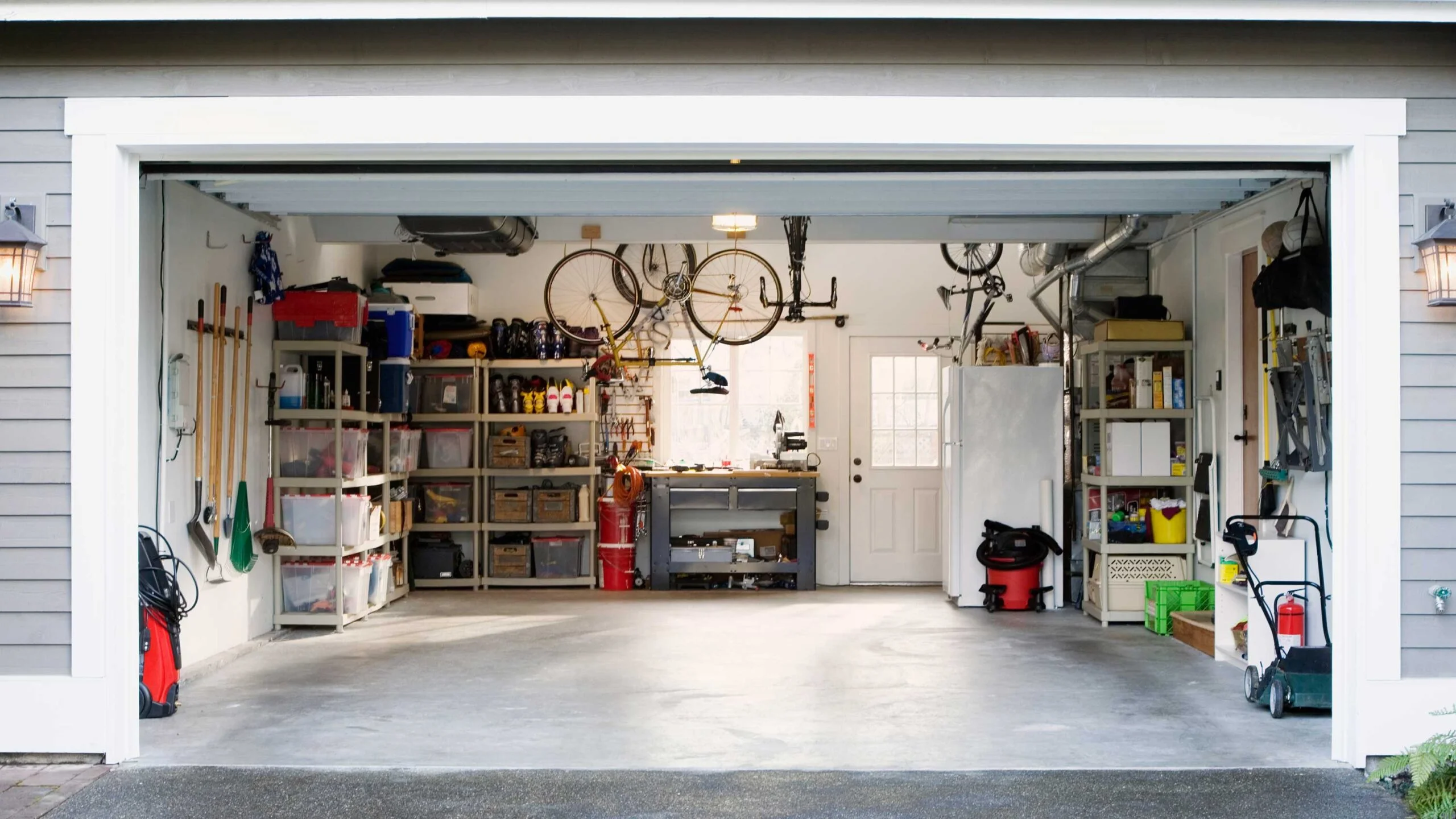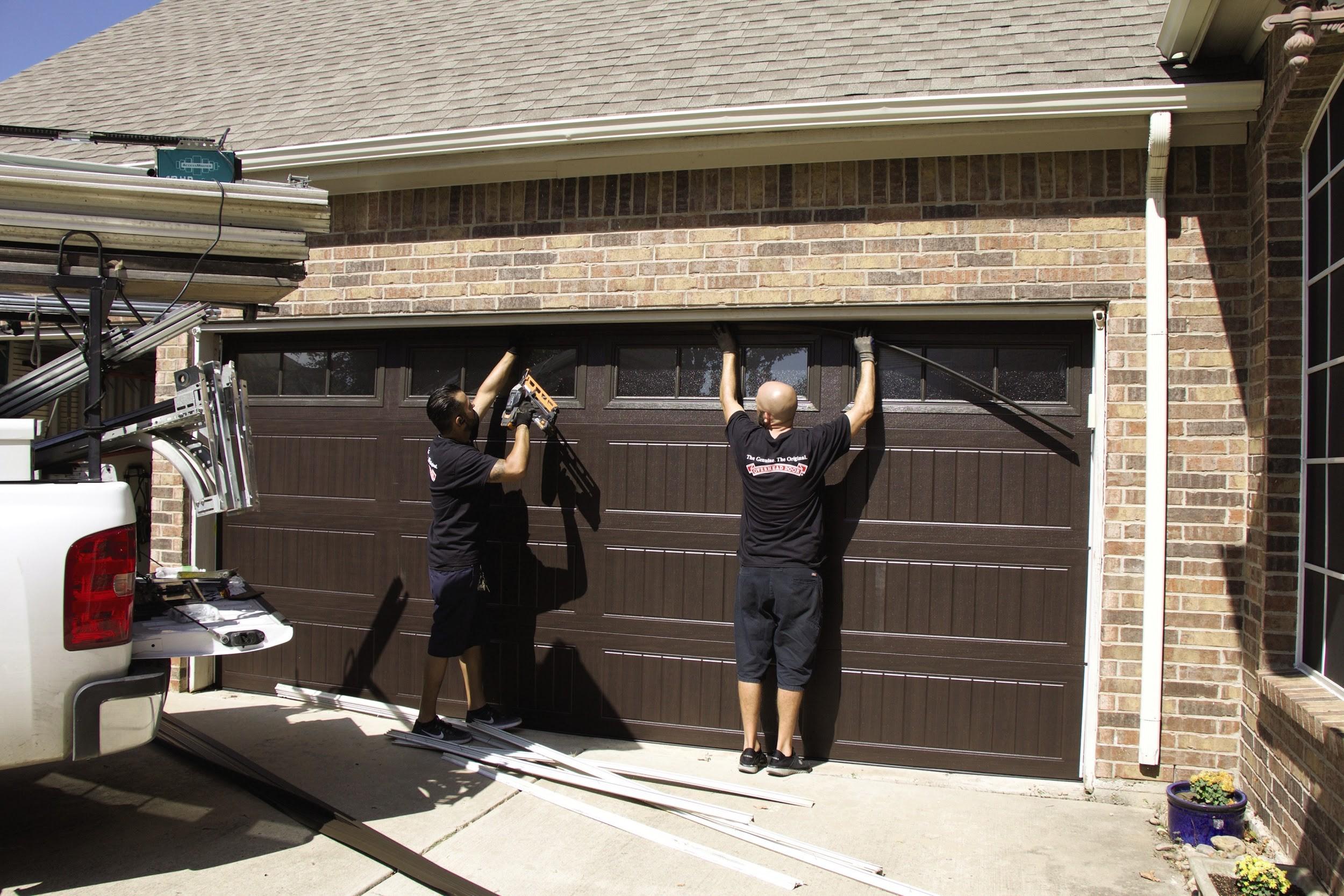
How to Determine If You Should Insulate Your Garage Door
As a homeowner or building owner, knowing if your garage doors are insulated helps a lot. Understanding what goes into insulating a garage door can help you save energy and money for the long-term. Continue reading to find out the essential facts about garage door insulation for your property during a garage door installation or otherwise.
Garage Door Insulation Tips
As temperatures change, it’s a good time to consider how you could save more money and stay comfortable. Garage doors don’t always have proper insulation. That’s why installing insulation yourself is a nice way to reduce your energy bills. The garage door you own can have varying levels of insulation. An easy way to know the rate of your garage door insulation is to find out what the R-value is from an installer. This measures how well a material resists conducting heat.
Should My Garage Door Be Insulated?
The answer to this question depends on a variety of factors. If you are looking to store paints, cars, a lawn mower or chemicals in your garage, then you might not benefit very much from insulating your garage doors. The reason for this is because the fumes arising from items like these paints or a running lawnmower should be kept outside of ordinary living spaces.
That way such fumes are far away from the air that gets breathed. It would be best in cases like these to put insulation between the wall of the house and garage in order to keep out any fumes in the garage. If you are using the garage for storage or working on certain projects and you do not leave any items that may produce fumes, then you might take a significant advantage from putting insulation in the garage doors.












